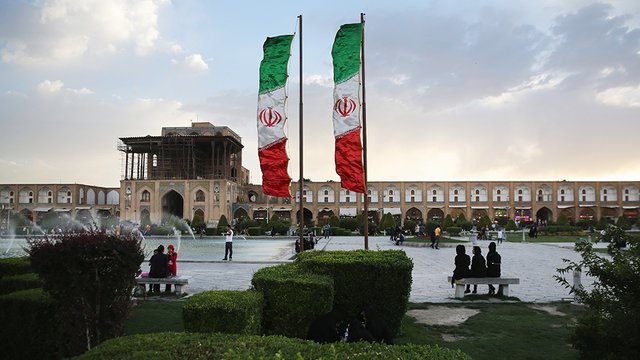Oil rises amidst Iran tensions
By ReutersTehran said on Sunday it will soon boost its uranium enrichment above a limit set by a 2015 nuclear deal, known as the JCPOA.

London: Oil prices rose on Monday, boosted by escalating tensions around Iran’s nuclear program and better-than-expected U.S. jobs data.
Brent crude futures were up 34 cents by 0908 GMT at $64.57. U.S. West Texas Intermediate (WTI) was up 18 cents at $57.69 a barrel.
“The weekend was dominated by Iran, with the announcement that uranium enrichment had breached JCPOA limits being greeted by a chorus of warnings from European states not to push enrichment too far,” Vienna-based consultancy JBC Energy said.
Tehran said on Sunday it will soon boost its uranium enrichment above a limit set by a 2015 nuclear deal, known as the JCPOA.
President Donald Trump, who pulled the United States out of the deal last year, warned Iran to be careful.
“If you enrich for one reason and I won’t tell you what that reason is but it’s no good. They’d better be careful,” he said.
Recent incidents involving oil tankers in the Mideast Gulf as well as the seizure in Gibraltar of a tanker carrying Iranian oil, also supported prices.
Strong U.S. economic data also put a floor under prices. U.S. job growth rebounded strongly in June, with government payrolls surging, the Labor Department’s closely watched employment report showed on Friday, suggesting May’s sharp slowdown in hiring was probably a one-off.
Employers added 224,000 jobs last month, the most in five months.
But the U.S.-China trade war has dampened prospects of global economic growth and oil demand.
However, the lack of concrete progress in resolving the acrimonious trade war between the United States and China means the bar could be very high for the U.S. Federal Reserve not to lower borrowing costs at its July 30-31 policy meeting.
Elsewhere, Japan’s core machinery orders fell for the first time in four months in May, posting the biggest monthly drop in eight months in a worrying sign that global trade tensions are taking a toll on corporate investment.
The owner of Britain’s biggest oil pipeline, Ineos, said on Sunday it had started to reduce flows on the Forties pipeline system to around 150,000 barrels per day until Tuesday to repair a processing unit at Scotland’s Kinneil plant.
The pipeline system typically pumps around 450,000 bpd.
Meanwhile, U.S. energy companies this week reduced the number of oil rigs operating for the first time in three weeks as drillers follow through on plans to cut spending this year.
Additional reporting by Aaron Sheldrick in TOKYO; Editing by Kirsten Donovan